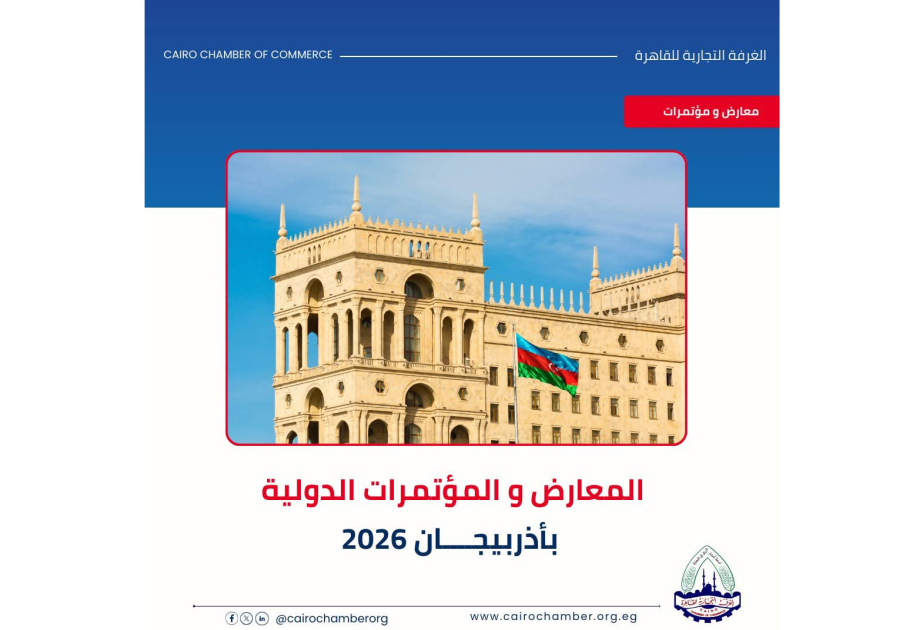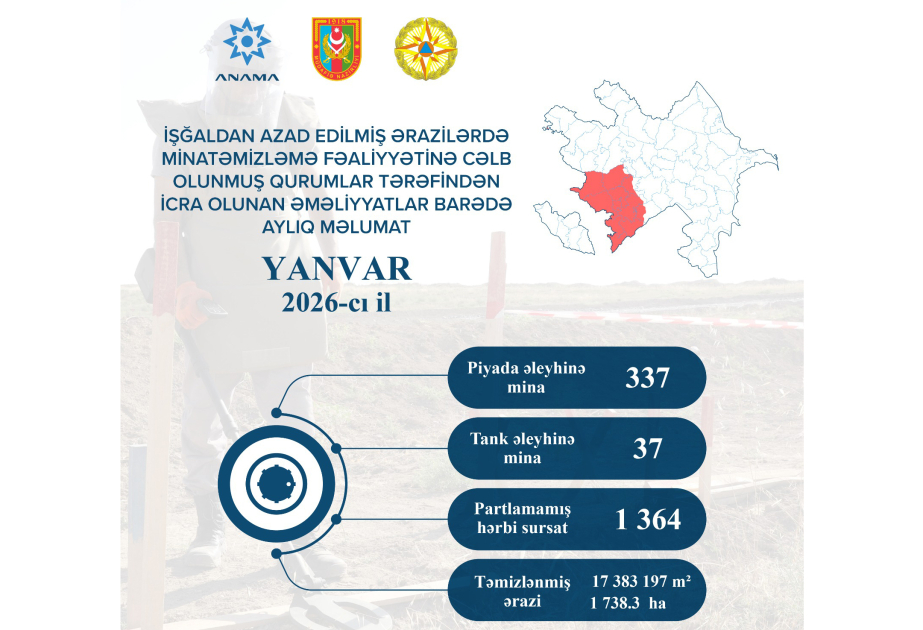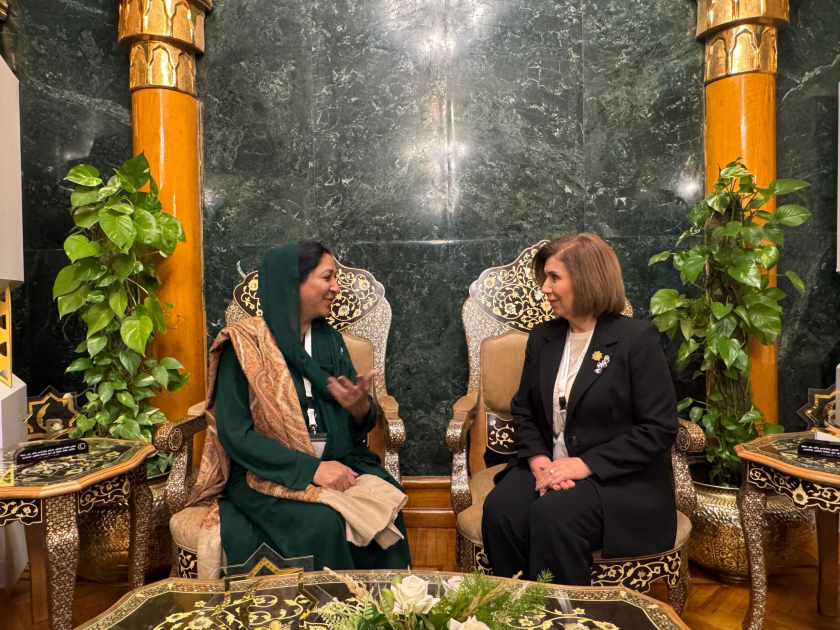Azerbaijan, thanks to local talent, enjoys a more advantageous position than many leading global economies in terms of talent availability, reads a study “Decoding Global Talent 2024” by The Boston Consulting Group (BCG), Report informs.
The study is based on survey data from more than 150,000 workforce respondents from 188 countries, and is the fourth installment in a series, the previous editions having been published in 2014, 2018, and 2021.
The looming gap in the global labor market is primarily due to declining birth rates and mismatches between job supply and demand, according to BCG experts.
Azerbaijan enjoys a more advantageous position than many leading global economies in terms of talent availability.
“Opening an office in Baku, as a company, we focused on the availability of a talent pool that would allow us to grow. And our expectations were more than met – over two years, the office doubled in size, thanks to local talent,” said Kirill Tuishev, head of the BCG office in Baku, managing director and senior partner of BCG.
Azerbaijan has significant competitive advantages compared to other countries: a young average population age of 31-32 years and the historical significance of education as a core value, he noted.
“However, Azerbaijan faces significant challenges: it is necessary to leverage its competitive advantage and retain local talent. To achieve this, it is required to create opportunities for professional development that would offer much more appealing prospects than those outside the country.”
The survey results reveal that global talent moves abroad primarily for professional progress, with those willing to do so citing financial and economic reasons (64% of respondents) and career considerations such as work experience (56%) as their top reasons for doing so. For respondents who listed a specific reason for choosing a particular country, the quality of job opportunities was the top decisive factor (65%), with quality of life and climate ranking second (54%). Other country-specific characteristics such as opportunities for citizenship (18%) and health care (15%) also play a role but are secondary factors.
English-speaking geographies with strong economies lead the list of top destinations, with Australia, the US, Canada, and the UK being the four most desirable countries, and London topping the list of cities, with New York also placing in the top five.
Younger people and people from countries with fast-growing populations are the most mobile.
Natives of regions with a labor surplus (owing to higher birth rates) tend to be more mobile than those who live in areas where the labor force is shrinking. For instance, 64% of workers in the Middle East and Africa are actively willing to relocate, and more than half of respondents in South Asia (58%) and sub-Saharan Africa (52%) are actively willing to do so. At the other end of the spectrum, much smaller percentages are seen in North America (16%) and Europe (10%).


















